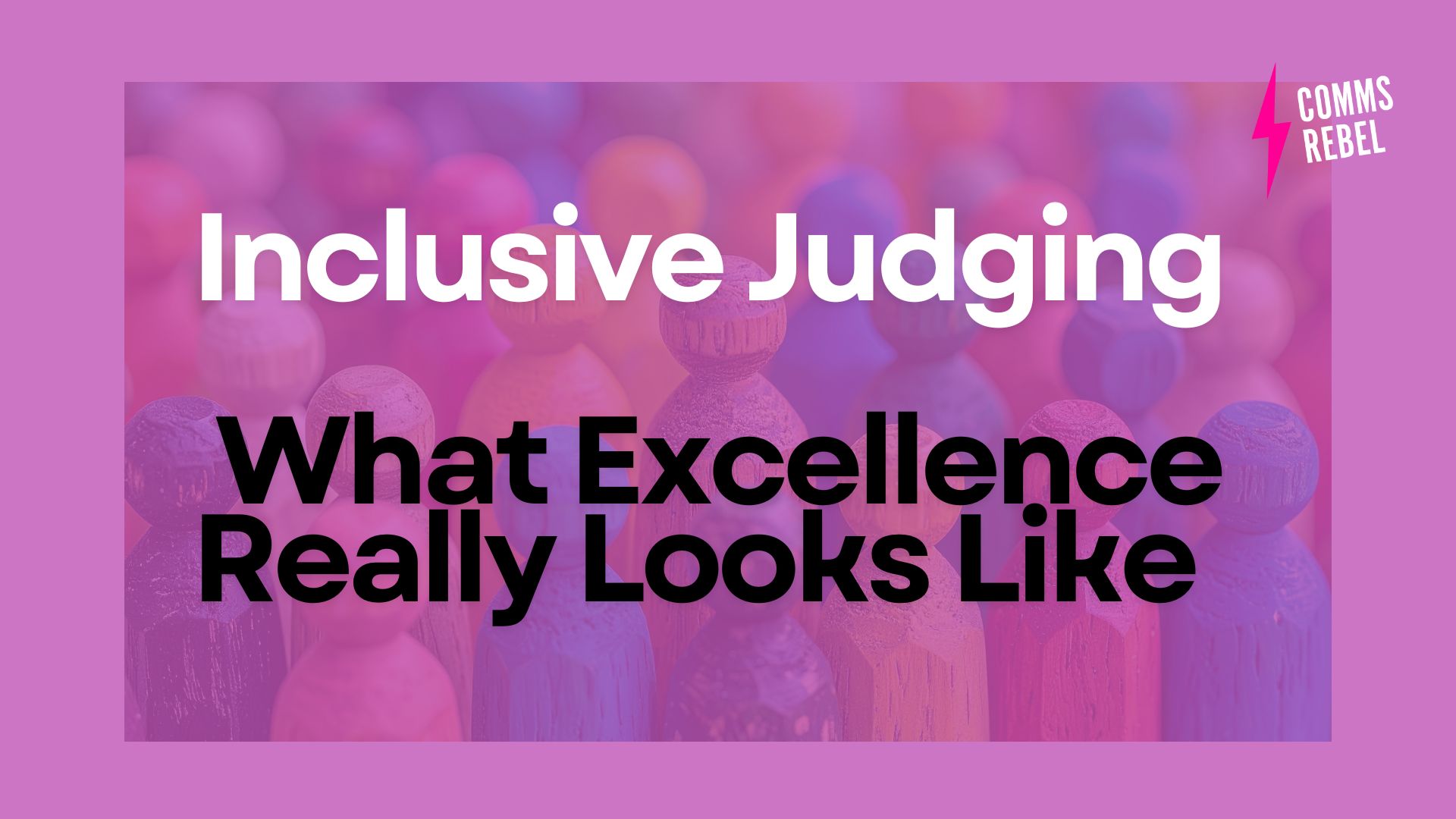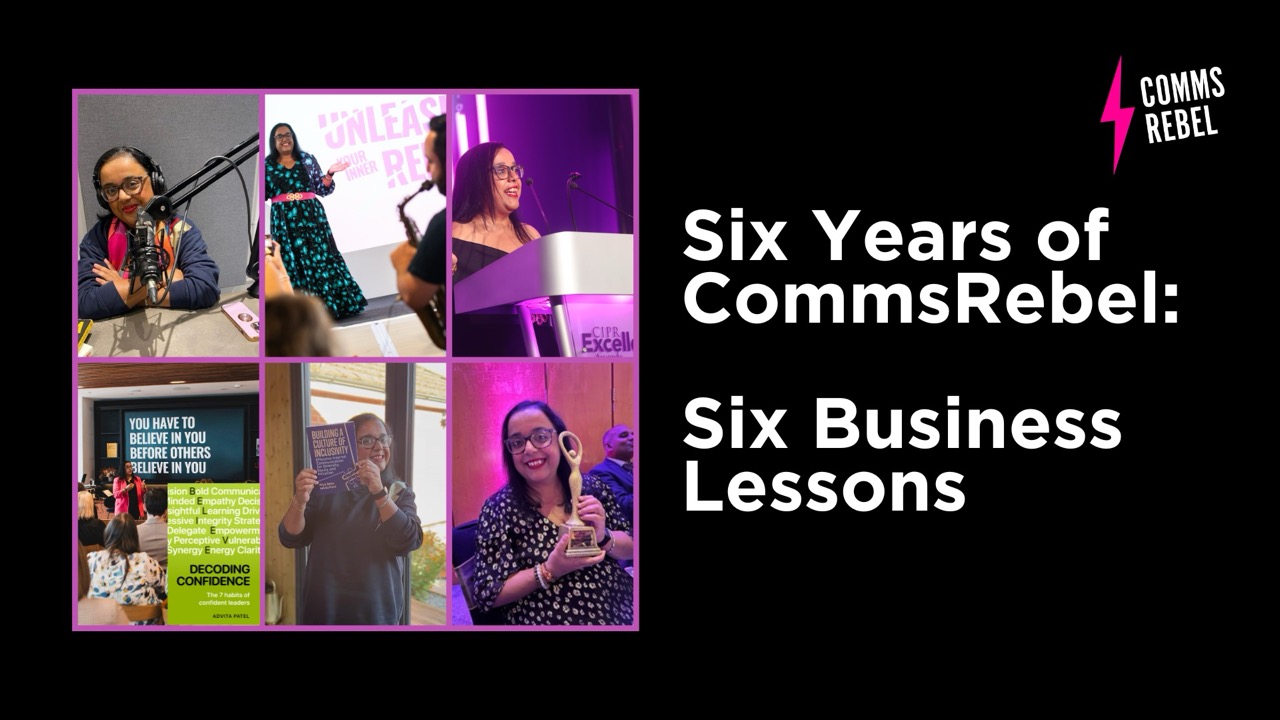I love a good story. How often have we been captivated by something our pals tell us down the pub or over dinner? That’s storytelling at its finest. Though that word can have some negative connotations attached from our younger days. If you were like me and had an over active imagination then you may have been told at some point: “Don’t tell stories!” 🙂
However, storytelling is now a word I often hear to describe the company culture and its values. Think about your organisation and the stories that are being told. Do you know what people are saying about the company culture and the values? And are your leaders listening?
Storytelling is a two-way street. Whether they are true or not people love telling stories to each other. Though often you will find if people don’t have the right information (or if they don’t understand what they are sharing) the stories can sometimes turn into gossip and Chinese whispers.
As an Internal Communicator I make it my business to know what’s going on across the organisation. This gives me an opportunity to understand what the general feeling is. It can also help drive the way I can shape my comms or messaging to and from the senior leadership team.
However, telling the right story shouldn’t start and end with the IC team. Every single colleague in the business has a part to play. The stories that are circulating across the organisation often show what the organisational culture is like at that time and the values that are being demonstrated. If your internal story differs widely from your public story, then there could be a problem.
These contradictions can also drive down innovation, engagement and employee experience. It can show that we are not listening to our colleagues and that we’re not doing enough to address the deeper issues.
So, how can we start to change this?
1) Have the knowledge. You need to know what stories are being shared by your colleagues. Without this you will struggle to understand what is happening in the organisation or be the trusted advisor your leaders need.
2) Share from the heart. Start to share stories from colleagues from across the business. Sometimes when colleagues are working in silos it can be hard for them to see the wider picture. Especially if you work in a disperse organisation or workforce. Most people are naturally interested in other other people and the best stories are the ones that come from the heart. Like an apprentice who has grown with the organisation and is now head of a department – what’s their story? Can it bring hope to others? Show progression in the company? Demonstrate pride?
3) Transparency. Be as honest as you can without breaking organisational non-disclosures. In my view if you don’t know the answer then say that rather than making up something that doesn’t make sense. Or if you can’t say, then say that. Most people understand – as long as there is a valid reason and you’re telling the truth.
4) Mix it up. Rather than boring slide decks that people switch off from after five minutes think about how you can bring storytelling into a presentation to make it more interesting to generate enthusiasm – think TED-Talk. Otherwise it’s likely people will leave the meeting with their own version of the truth their mind was elsewhere.
5) Bring in an expert. Even though everyone can tell a story in their own way, it’s important that leaders/managers understand the true implications of telling a story in the right way. Bringing in an expert to share core skills in telling stories can help improve engagement and experiences for your colleagues. I highly recommend Al McCall from Present and Engage who is involved in some great work we are doing at the moment with our local strategy.
Storytelling is highly dependent on your organisation and how much your leaders want to embrace it or don’t. Though as an expert in communications you can certainly help push it forward and bring it to life in your everyday comms.
There are 100s of articles online and books that give you more details about the impact of storytelling. Below are a few I’ve found really useful:
http://headlines.uk.com/tag/storytelling
http://www.dse.univr.it/documenti/Avviso/all/all886336.pdf
https://www.allthingsic.com/aspic20/
What are your thoughts about storytelling? If you want to have a chat then you can find me via Twitter or LinkedIn.


